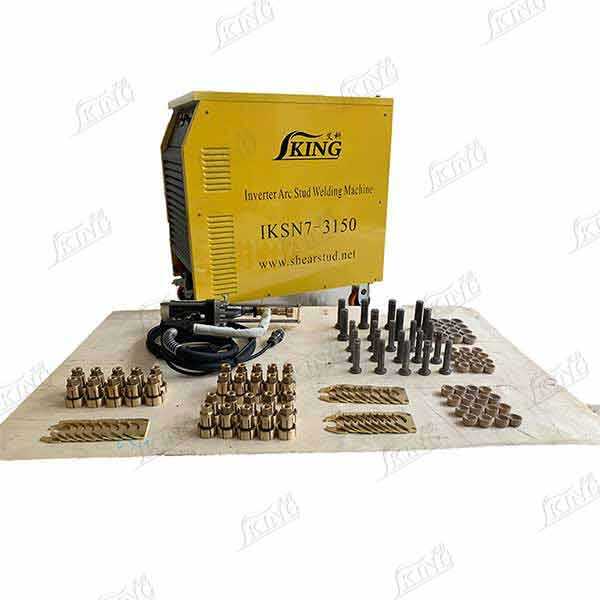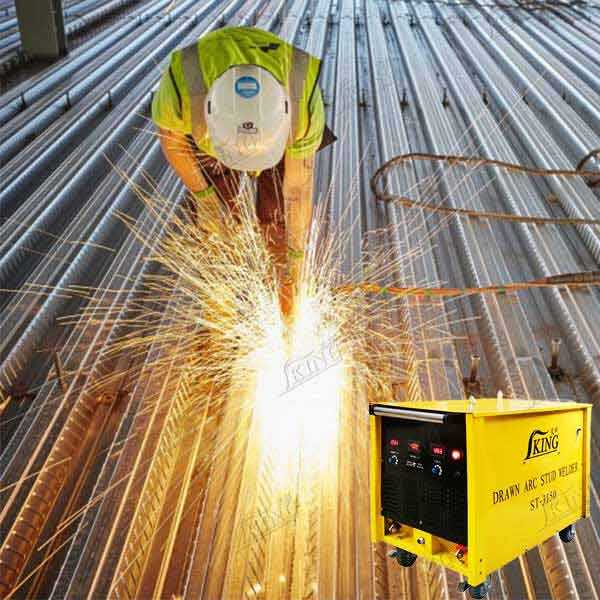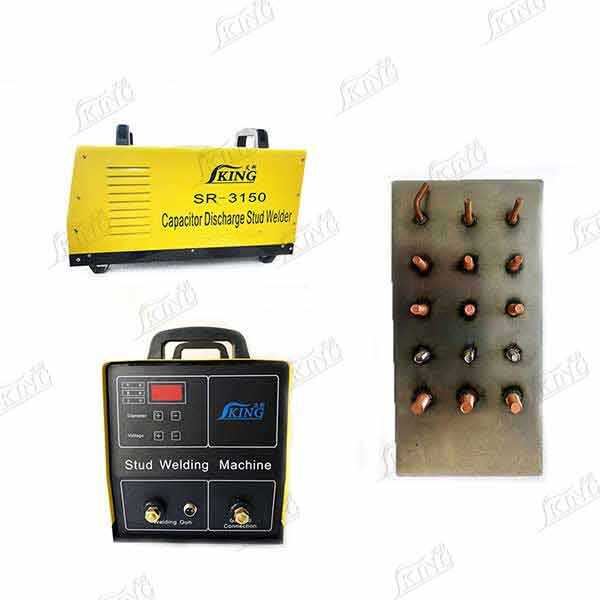bolt welder
A bolt welder is an advanced industrial welding tool specifically designed for the precise attachment of threaded fasteners to metal surfaces. This sophisticated equipment utilizes controlled arc welding technology to create strong, permanent bonds between bolts and base materials. Operating through a carefully calibrated process, the bolt welder delivers precise electrical current and timing control, ensuring consistent weld quality across applications. The system typically comprises a power source, control unit, weld gun, and ground clamp, working in harmony to achieve optimal results. Modern bolt welders incorporate microprocessor-controlled systems that automatically adjust welding parameters based on material thickness and bolt specifications, minimizing operator error and maximizing efficiency. These machines are capable of handling various bolt sizes and materials, from small M3 studs to larger M20 bolts, in materials including mild steel, stainless steel, and aluminum. The welding process occurs in milliseconds, creating a metallurgical bond that often exceeds the strength of the parent materials. This technology finds extensive application in automotive manufacturing, industrial equipment assembly, construction, and shipbuilding sectors.


